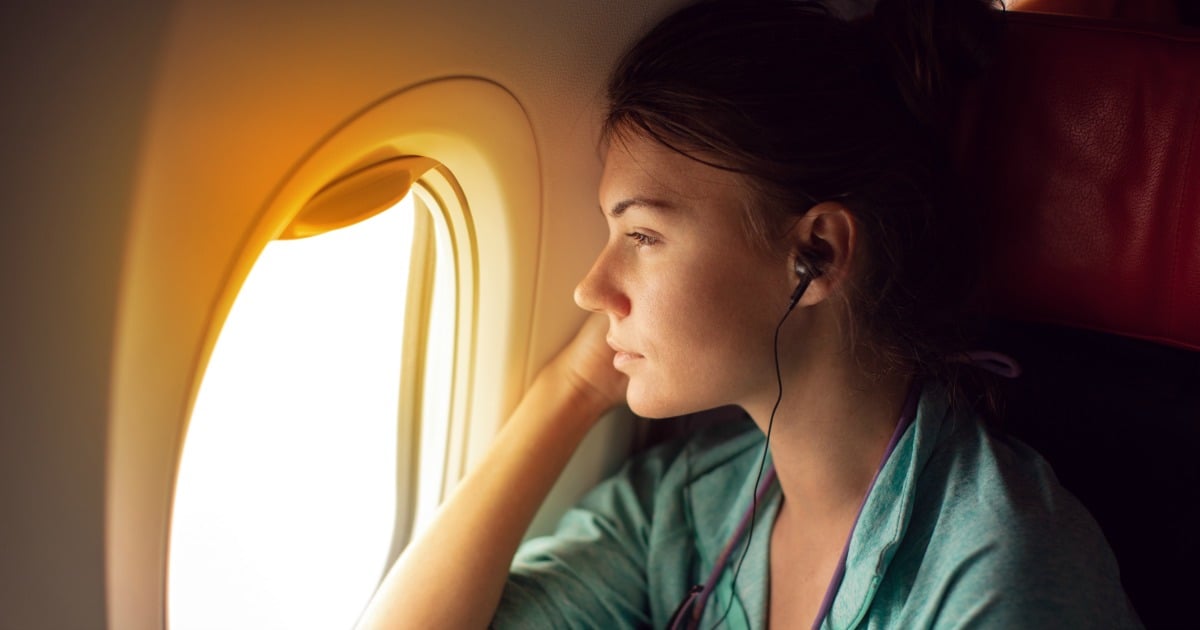A few years ago, two close friends of mine travelled to Tokyo.
They had been there a few days when they went to a restaurant for dinner which advertised a ‘Ladies Special.’ Surely, they thought, it would simply be rude not to try a meal so clearly aimed at them, so they both ordered it.
That night, they returned to their hotel room to make a shocking discovery: they had both started their period, even though neither of them were due.
Upon returning home, they explained there had to be something freaky in the Ladies Special that triggered their menstrual cycles, but now there seems to be a far more logical explanation:
International travel messes with your period.
Travel can have a significant effect on both the timing and length of menstruation, and sometimes, your period can even disappear across time zones.

